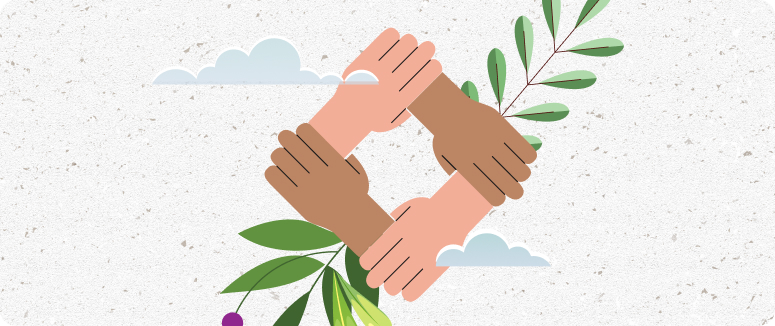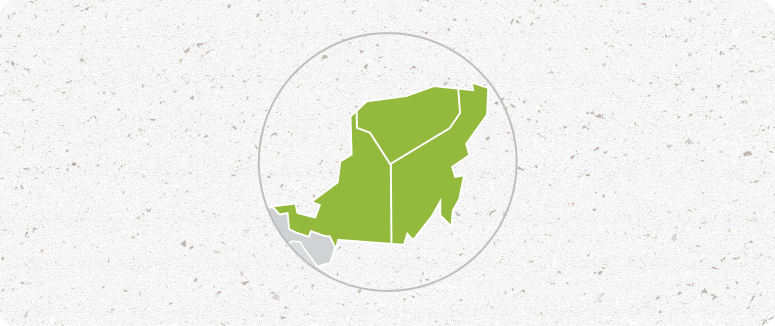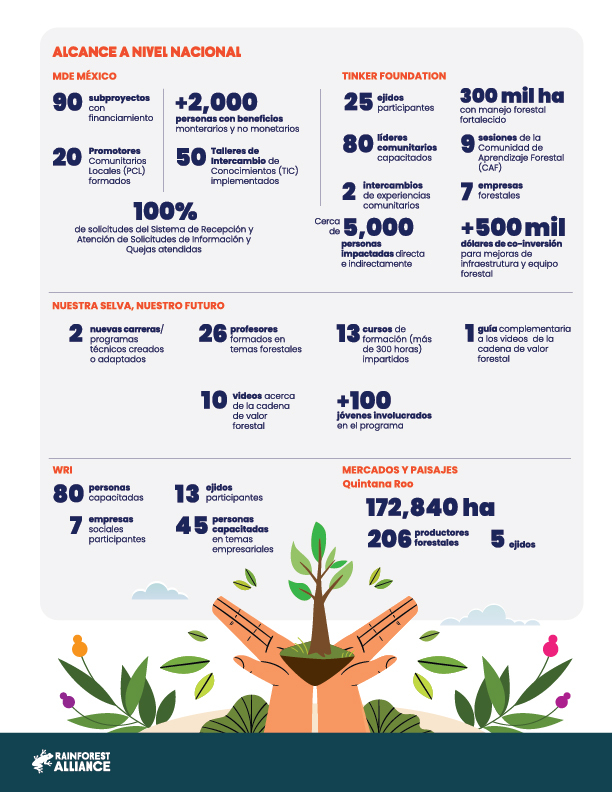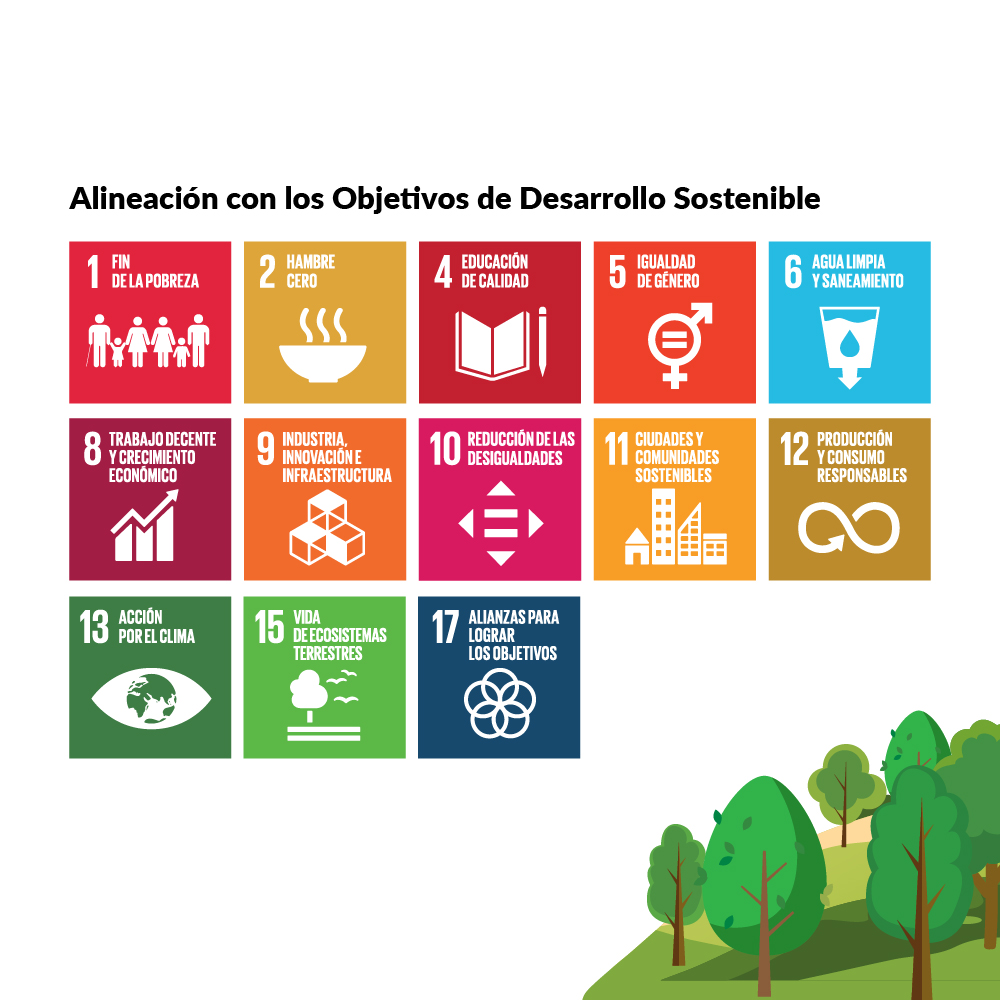DGM Mexico Strengthen the capacities of people who depend on forests and implement best practices across different productive sectors through REDD+, aiming to catalyze a transition toward a sustainable, low-carbon rural development model.
Tinker Foundation:Promote community business development and support the growth of community forestry enterprises to make them market-viable in the Yucatán Peninsula, through the establishment of solid business governance systems and tools, accessible via an inter-ejido (inter communal land) business platform.
Our Forest, Our Future: Build leadership capacities to foster greater civic engagement and education locally, creating conditions for young people to personally invest in their communities and build a future close to home.
WRI Project: Design and implement a pilot training program for small and medium-sized forestry enterprises from 25 ejidos (communal lands) in the Yucatán Peninsula, Mexico.
Reduce deforestation and expand forest conservation by promoting the restoration of productive landscapes at high risk of deforestation, and improve the economic viability of marketing agricultural and forest products managed under best practices. Also, strengthen the resilience of producers in forest and rainforest management in the face of the climate crisis.







